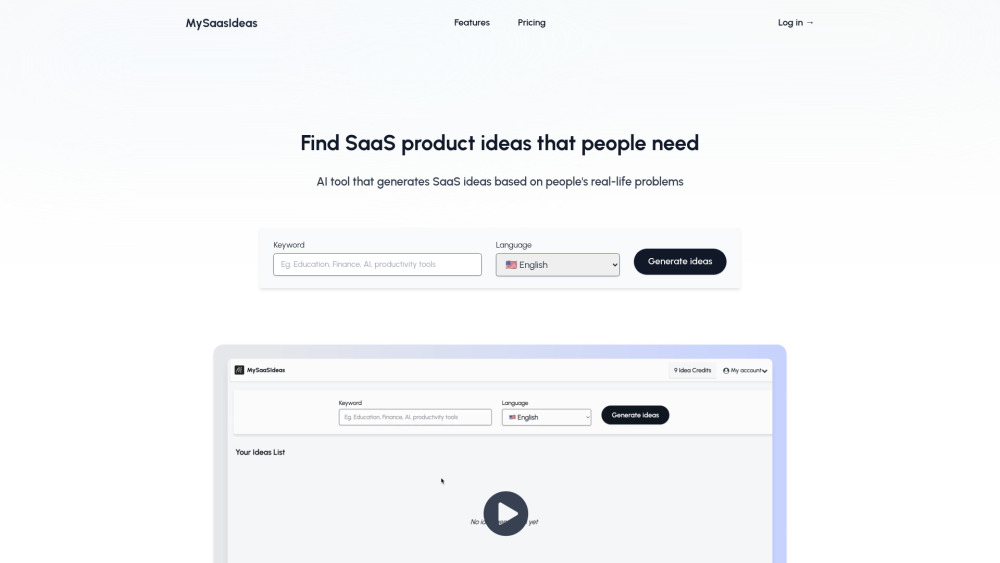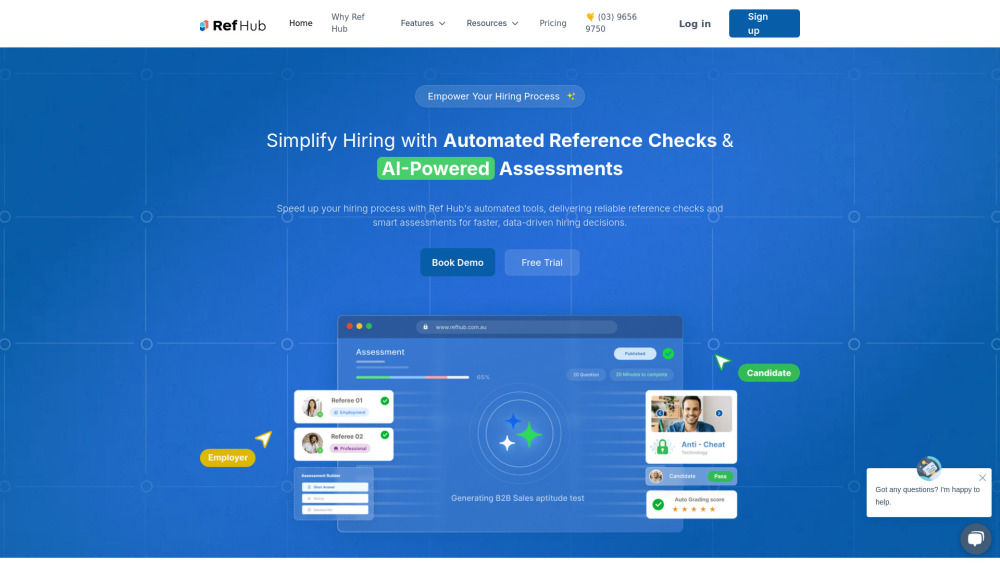NATO has updated its artificial intelligence (AI) strategy to navigate the evolving technological landscape, introducing new provisions that address generative AI and the dangers of AI-assisted disinformation. Originally established in 2021, this strategy outlines the framework for collaboration within the alliance aimed at enhancing transatlantic defense and security through AI.
The recent revisions highlight NATO's commitment to safeguarding against the malicious use of AI, particularly in the realm of disinformation campaigns. The organization emphasizes increasing strategic foresight and analytical capabilities to preemptively address potential threats. With the alarming rise of deepfake technology targeting public figures, such as a fabricated video of Ukrainian President Volodymyr Zelensky that falsely depicted him surrendering, NATO recognizes the urgent need to counteract such hostile applications of AI. OpenAI also reported in May that it detected multiple misuse cases of its technology aimed at spreading misinformation, underscoring the importance of proactive measures.
NATO’s updated strategy acknowledges that AI-driven disinformation could significantly disrupt electoral processes, foster division within member countries, and undermine societal cohesion. Additionally, the strategy outlines grave concerns regarding the potential use of AI in exacerbating issues like gender-based violence and demoralizing military and civilian populations during conflicts.
To mitigate the risks posed by AI disinformation, NATO emphasizes the importance of "strategic foresight." This entails implementing preemptive measures through anticipatory governance and alternative scenario planning, adopting participatory and responsible approaches.
Ensuring Responsible AI in Defense
NATO’s revised strategy aims to empower member nations to innovate responsibly while simultaneously tackling security risks associated with AI technologies. The updated framework includes an expanded spectrum of AI use cases deemed suitable for military and defense purposes, as well as refined guidelines for the integration of these technologies.
A critical element of the strategy is the establishment of an alliance-wide AI testing and evaluation program designed to enhance NATO's readiness. This includes the introduction of new standards and tools for reviewing AI systems and best practices. All defense stakeholders within the alliance are now required to ensure their adoption of AI technologies is responsible and aligned with international norms.
Recognizing the necessity for shared standards, NATO's leadership has voiced the desire to collaborate with global counterparts, including efforts to align with China on responsible AI usage in a defense context. In pursuit of fostering ethical AI practices among its members, NATO revealed a new AI certification standard in February 2023. This standard aims to ensure that alliance suppliers and member states comply with international law and uphold NATO's core values while deploying AI technologies.
Furthermore, the revised strategy advocates for member nations to access specialized laboratories and research sandboxes to rigorously test emerging AI capabilities. It also encourages collaborative research initiatives between member states, industry, and academia to leverage collective expertise and resources effectively.
Within this strategic reorientation, NATO also addresses the implications of AI on both military and civilian workforces, referencing potential upskilling programs that could arise from the integration of advanced technologies.
Through these comprehensive revisions, NATO is not only adapting to the rapid pace of AI development but is also taking proactive steps to mitigate the security risks associated with its use, ensuring that innovation within the realm of defense is approached responsibly and strategically.






